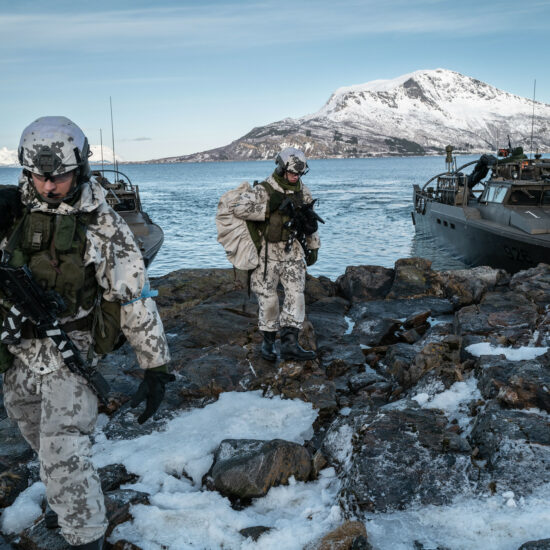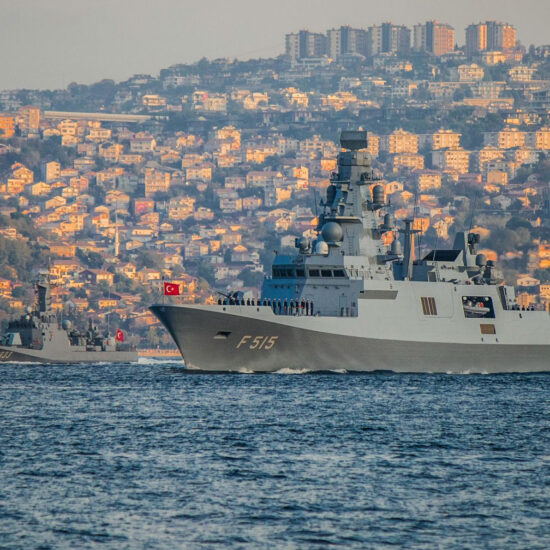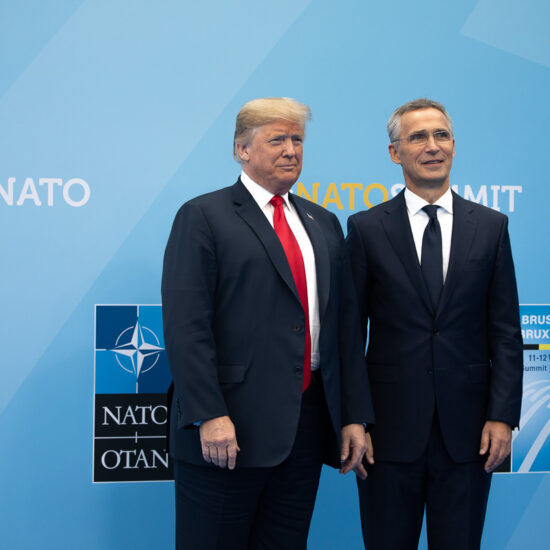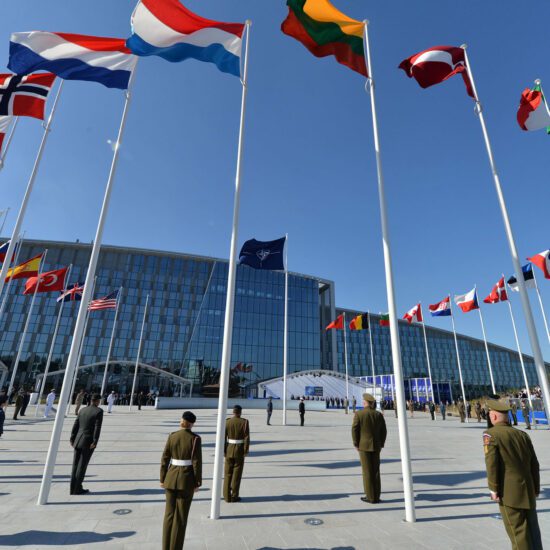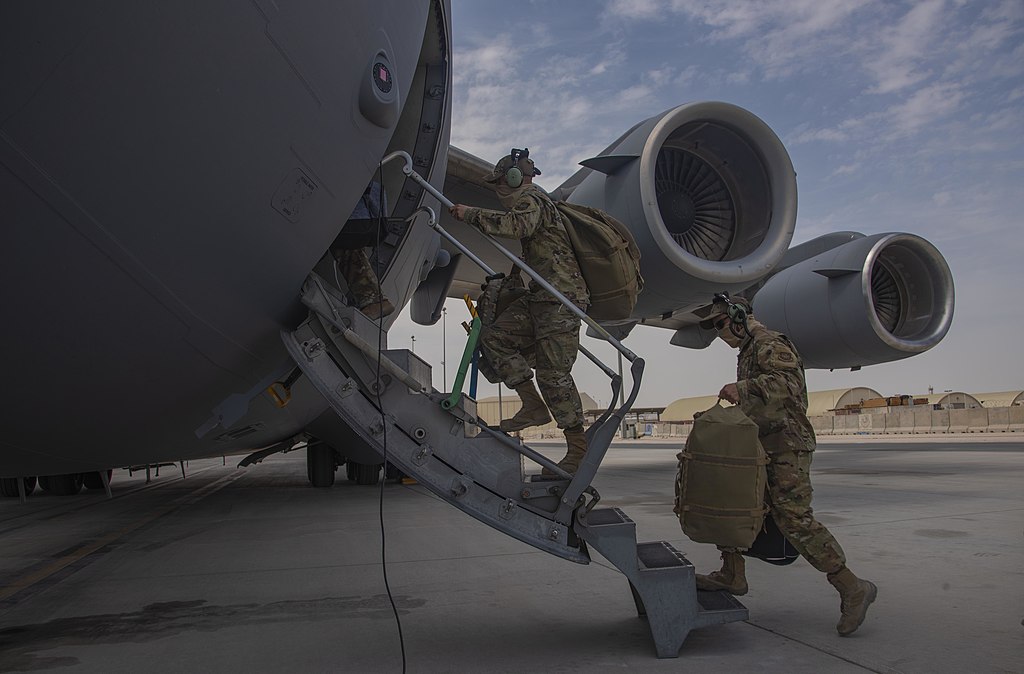
Image: Sgt. Kylee Gardner
Key Takeaways
- The rapidity of collapse for the Afghan government this month has come despite decades of financial and military effort.
- While dramatic and headline grabbing, the Taliban takeover of Afghanistan was the culmination of the group’s gradual ascent rather than an isolated incident.
- The much-cited historical examples of successful nation-building operations are often selective and parochial and do not account for the present realities and different milieu of the targeted countries.
- The onus for development and security of a foreign nation rests squarely with the populace and political leadership of the country itself; their security and political legitimacy can neither depend nor be outsourced to an international coalition force.
Background:
U.S. led NATO operations in Afghanistan began with a clear mission and strategic objective– to annihalate Al-Qaeda and dismantle its global networks of Islamist terror that it ran from Afghanistan. The international coalition’s military presence was never meant to be permanent. The location of the country and its distance from any vital security interest of the North Atlantic alliance precluded an enduring military involvement for the Coalition. The sheer difficulty of maintaining logistical supply lines into the nation was compounded by an increasing reliance on Pakistan, a nation whose intelligence services often colluded with Islamist groups and provided a safe haven to the Taliban fighters for decades.
That limited scope was soon expanded to a nation-building project and bringing democracy to the much-ravaged Afghanistan. As a result, the new Afghan state received a truly astonishing amount of support from the world’s most powerful alliance to help propel the new central government, with the belief that in time those nations could leave to allow the Afghan state and its Western-trained security forces to fend for themselves. Over two trillion dollars and almost two decades of military operations later, the Afghan military collapsed and the country’s president, Ashraf Ghani, fled his homeland. In a few short weeks, the entire country fell to the significantly outnumbered and under-resourced Taliban.
Such complete state failure was, of course, a long time coming. The Afghanistan Papers, released back in 2019, made clear what some observers had long suspected: that many high ranking people in the U.S. military had already determined there was no reasonable path for a victory over the Taliban or even any guarantee of the durability of the Afghan government and army. This failure was decades in the making and the culmination of a progressively untenable situation that stemmed from transforming a clear-eyed counter-terrorism mission into an idealistic project of nation-building and democracy promotion. What is more, the tragic events of this month are not a simple outlier. The invasion and subsequent destabilization of Iraq similarly created the chaotic conditions that both gave rise to ISIS as well as proliferated other militia groups, non-state actors, and proxies tied to Iraq’s neighbors such as Iran.
Going Forward:
“Nation-building” is often defended by citing the successful restructuring and rebuilding of the former Axis Powers after World War II. What such selective harvesting of examples ignores is that Germany, Japan, and Italy were former great powers and were already industrialized nations with high degrees of public education and literacy. They also had been fully conquered and occupied by the fully-mobilized military might of the Allies who could, therefore, deploy tremendous levels of forces to these countries as well as collaborate with numerous indigenous domestic partners within the occupied territories. Additionally, all of these countries enjoyed access to international waters with deep-water ports that facilitated a high degree of economic and trade relations with the occupying powers.
Such circumstances are relatively rare in history and are not generally replicable. Countries which are mostly rural and have few, if any, domestic industries cannot be developed and modernized by external force. The conditions are even more challenging for landlocked, mountainous countries such as Afghanistan that are not only hard to effectively control but mostly organized along tribal and ethnic lines. The level of investment in terms of military and civil assistance to really effect such miraculous nation-building would approximate that of mobilizing for total war, something few in the general public would support, especially for countries seen as peripheral to the core national security interests of the U.S. and its allies.
Afghanistan’s present unraveling does indeed mirror that of South Vietnam’s. Not because of the superficial similarities of helicopters on the roof of a U.S. embassy, but because a government mired in corruption and lacking in popular support and internal institutional development could not outlast the departure of its patrons when competing for legitimacy against an indigenous foe that–despite having its own foreign backers in the Pakistani military–projects itself as morally righteous and relatively independent. The influx of foreign private contractors whose presence facilitated much of the corruption only helped Taliban’s case and revealed Kabul to be an incompetent pawn of a foreign power. Moreover, material largesse from a patron could not offset having genuine local loyalties on the ground.
In almost all cases, “nation-building” has proved an imprudent policy with little strategic rationale that has trouble defining its end goals or its standards for success. In order to avoid future tragedies like the one that unfolded in Afghanistan this month, all nations would do better to abandon policies of military occupation and projects of empire period and clearly define the scope and national security necessity of their military operations to prevent entanglement in longwided forever wars that will drain them of blood and treasure. The second lesson is that all foreign aid (military and economic) to a struggling country would be wasted or actually help foment future conflict absent the presence of local forces capable of wielding power independently of the foreign power. The people of a country can easily distinguish between a permanent party that makes claims on their loyalty and a temporary one that attempts to buy that support. They will not swear allegiance to a government they suspect cannot outlast the departure of its distant patrons and allies.
Had the NATO military action after 9/11 remained focused on punishing the Taliban and working with local Afghan stakeholders on the ground (regardless of their ideological affinities) to hunt down and drive out the Al Qaeda network, the mission could have been successful and allied forces could have withdrawn once the actual threat of Islamist terror was neutralized. The price of abandoning that limited focus on counter-terrorism for utopian ends was utter defeat and humilation of the Coalition, chief among them the United States. As U.S. President Joe Biden correctly noted in his national address defending his decision to withdraw from Afghanistan, no international force should be fighting and dying in a foreign war that the locals are either too unwilling or too scared to fight themselves: “We gave them [Afghans] every chance to determine their own future. What we could not provide them was the will to fight for that future.”
Dr. Christopher Mott is a non-resident research fellow at the Institute for Peace & Diplomacy.





